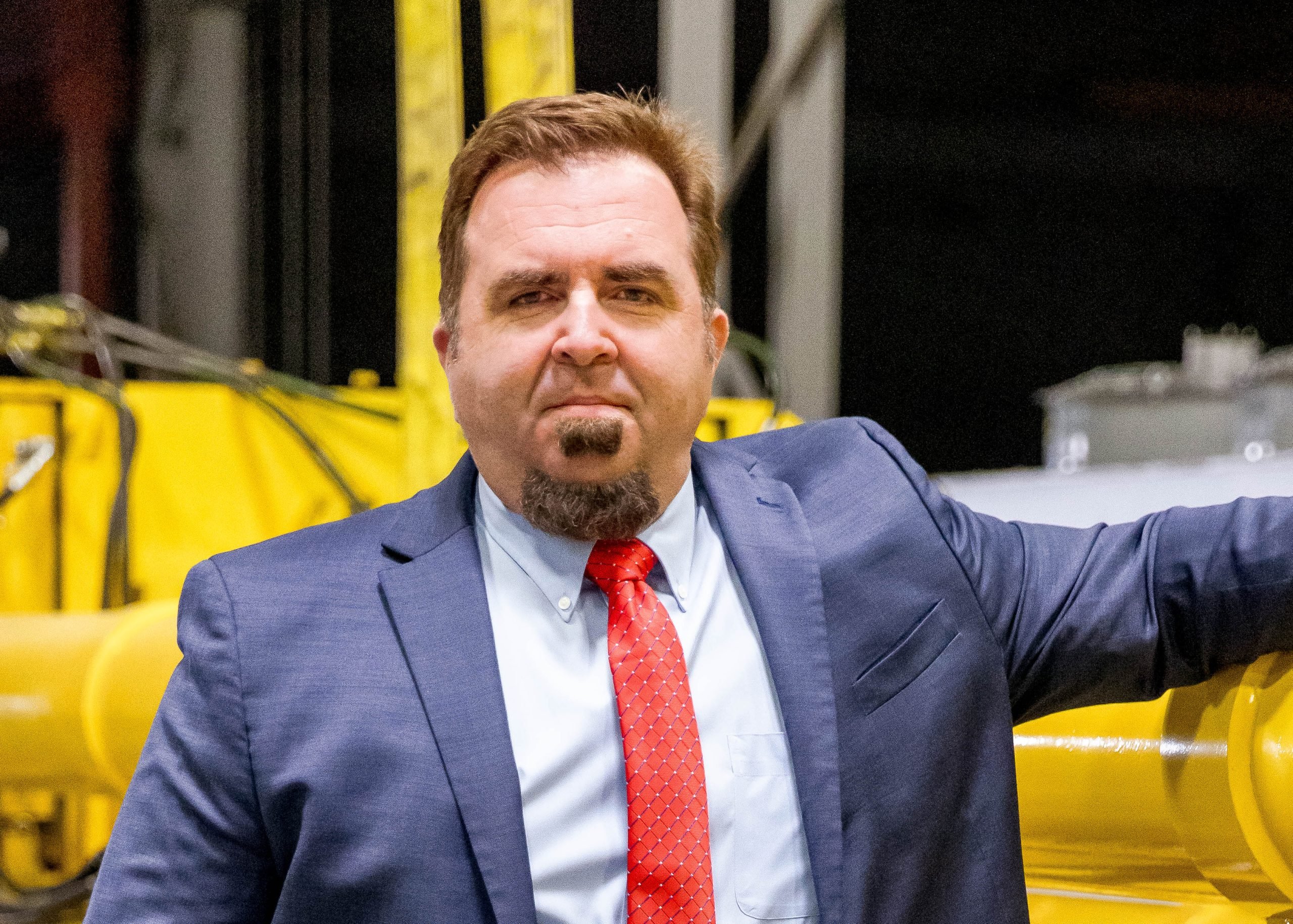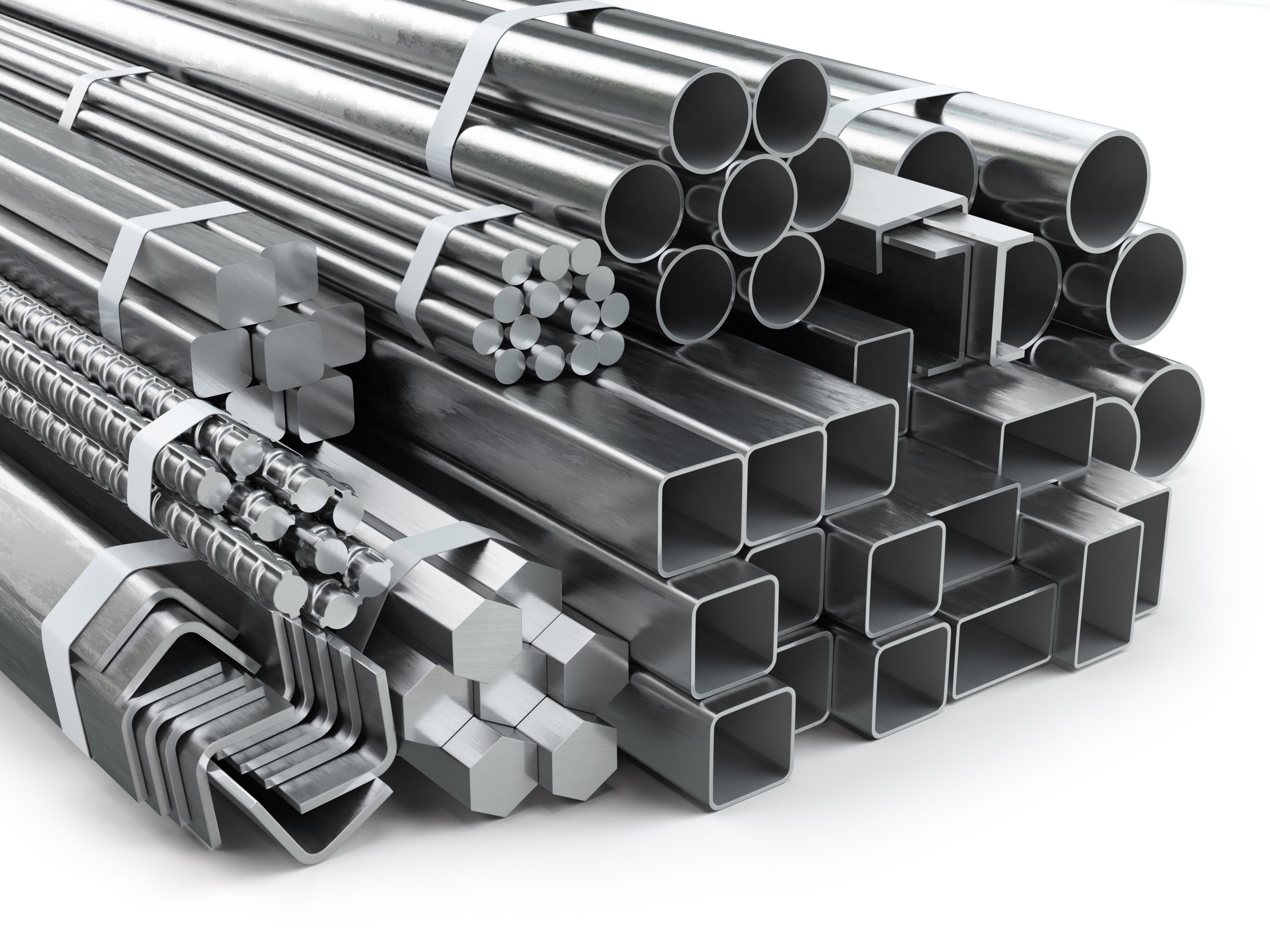
In steel manufacturing—especially more so within the seamless pipe production sector—no two days are the same. Characterized by intense competition and varying regulations across countries, the industry faces a litany of challenges, each more complex than the last, from international trade laws to managing the unpredictability of supply chain disruptions.
Within this high-stakes environment, adaptability, innovation, and strategic decision-making are the very lifeblood of companies striving to etch their mark in this business landscape.
At the forefront of this transformative narrative is Bri-Steel. Founded by visionary entrepreneur Neil Rasmussen, this Edmonton, Alberta-based company was born out of a desire to put North America back on the map of giants in the seamless pipe manufacturing industry.

With a mission to manufacture top-tier steel pipes using state-of-the-art techniques that maximize efficiency while simultaneously minimizing environmental impact, Bri-Steel has built itself the well-deserved reputation of a company that doesn’t just bring about change but truly pioneers it.
Certainly, their approach to competition is both strategic and innovative. The company has proactively set its course by leveraging the well-known but barely implemented method known as the hot expansion process, or the Thermal Pipe Expansion (TPE), to carve out a distinct niche in the industry.
This process, which has allowed the company to offer a flexible and cost-efficient solution that in no way compromises the quality of its products, not only distinguishes the company from its competitors but also underscores its commitment to technological advancement and efficiency.
“The hot expansion process, which we’ve adopted at Bri-Steel from the very start, was familiar to people in the industry, yet it wasn’t widely utilized,” Rasmussen explains. “Our mission has always been to bring more manufacturing to North America, particularly to the United States, and a part of that mission has been to advocate for a broader use of hot expansion.”
The hot expansion process, in which pipes are heated by induction heating—an environmentally friendly method that consumes electricity only—is, admittedly, somewhat slower than the conventional manufacturing methods, but its benefits greatly outweigh any disadvantages.
First and foremost, thanks to TPE, Bri-Steel can produce seamless pipes of much larger diameters. But, the technique’s merit is most prominent regarding pipe size adjustment, which is traditionally a time-consuming task.
“Given how long it takes to change pipe sizes, manufacturers depend on large order quantities to profit,” Rasmussen says. “But with hot expansion, sizes can be changed and adjusted within just three hours. Simply put – if you need it now, we’ve got your back.”
Undoubtedly, this shorter adjustment time allows for incredible flexibility in response to emergency order situations. It also considerably lowers minimum quantity orders and enables distributors to carry some of the odd sizes they previously struggled with.
Beyond manufacturing, however, Rasmussen has frequently highlighted the issues of overdependence on foreign supply chains and their unpredictable disruptions, which were best (and unfortunately) seen during the COVID-19 pandemic.
“Our goal has been to supply products that haven’t been available domestically and, by doing so, fill gaps in the market while reducing reliance on foreign sources,” Rasmussen says. “While I was once a supporter of relying on international supply chains when they broke down during the pandemic, the industry suffered tremendously.”
Yet keeping production on a domestic level doesn’t only address the disruption concerns. Placing a significant emphasis on regulatory compliance and, above all else, sustainability, Bri-Steel’s business strategy has allowed it to skillfully navigate the choppy competition waters.
As Rasmussen points out, aside from the fact that the hot expansion process is intrinsically much more eco-friendly than traditional techniques, by keeping the entire manufacturing on a ‘local’ level, Bri-Steel has been able to significantly reduce carbon emissions, which are an inevitable product of overseas shipping.
Over the years, thanks to its unique positioning, Bri-Steel has been able to outgrow many of its competitors. In addition to the recent expansion to the U.S., notably the takeover of a facility in Enid, Oklahoma, which the company plans to make ‘hyper-efficient’ to boost the local economy and growth in the job market, Rasmussen hopes for a further move into the U.S., with goals of also erecting brand-new facilities.
Considering Bri-Steel’s ongoing success, these plans are not merely ambitious dreams but tangible goals poised to become the following chapters in their remarkable journey toward global leadership.
As Rasmussen says, “Our past successes are the foundation upon which we strive to build a brighter and more impactful future in our industry—and beyond.”
Interesting Related Article: “How To Use a Pipe Screen? The Best Tips For Beginners“









